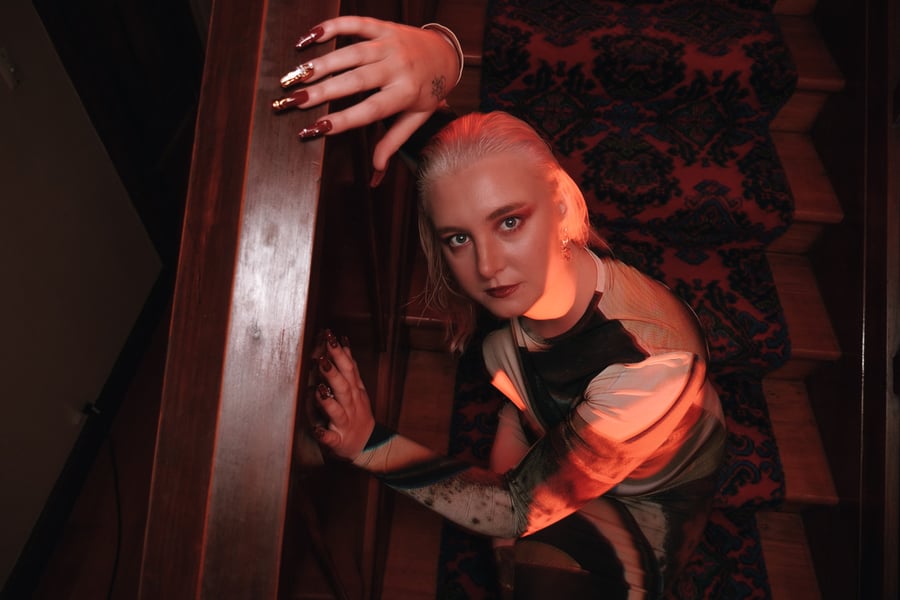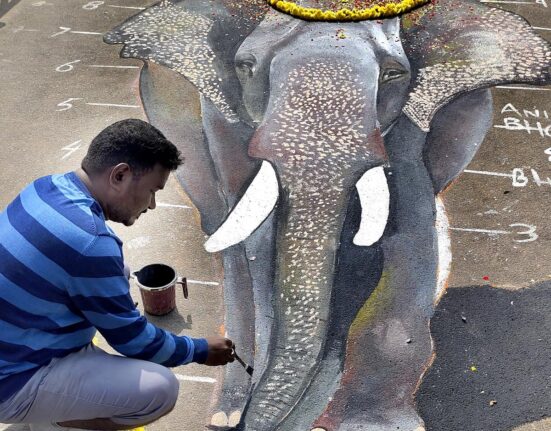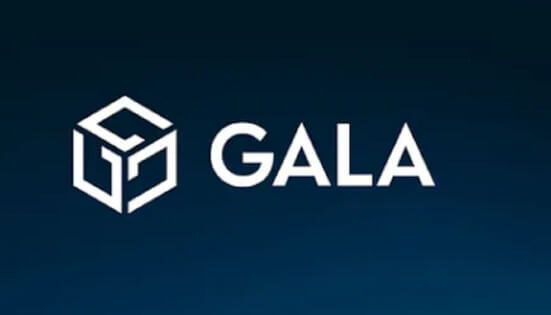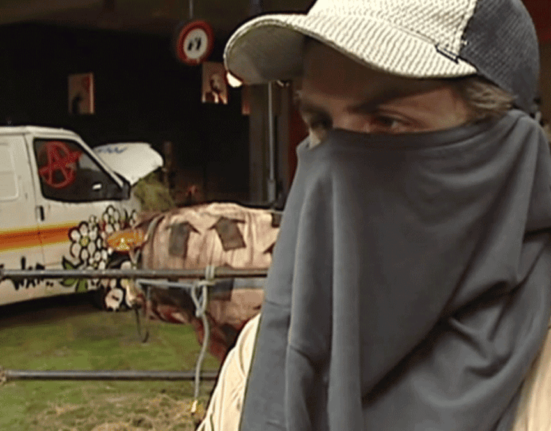Content Warning: This article covers sexual harassment incidents. If you or someone you know are affected by the following story, you are not alone. To speak to someone, you can call 0800 LIFELINE (0800 543 354) or send a text to HELP (4357).
A number of New Zealand music industry figures have spoken out in the aftermath of CRS Management’s official statement regarding Brooke Fraser and Paul McKessar.
Rolling Stone AU broke the news this week that Fraser, during her comeback Auckland concert last weekend, had thanked McKessar, a music executive named in the #MeTooNZ investigation.
“I wanna thank CRS Management… Campbell [Smith] and Paul [McKessar], who are here tonight, have been with me from the very early days,” Fraser told the Spark Arena crowd.
McKessar was stood down at CRS Music following his inclusion in an exposé into harassment and abuse of power in the New Zealand music industry in 2021.
That led to an outpouring online from many in the Aotearoa music community, including from singer-songwriter Lydia Cole, who was revealed to be one of McKessar’s victims in the original investigation.
On Thursday, June 28th, CRS Management’s Campbell Smith shared a statement explaining the situation from their end, stating that after McKessar was stood down from the company in 2021, an independent investigator conducted an investigation which included the participation of Cole and Possum Plows.
“Ms Warren followed up with a report in July 2021, which we published, with recommendations and proposed best practices that CRS has followed with absolute exactness,” Smith continued.
“For the years that Paul has been away from CRS, he undertook regular and significant therapy. My hope was that he had the capacity – through this process – to evolve, change and learn.
“I am now quite satisfied that Paul’s behaviours have been thoroughly addressed, and that he is not at risk of forming intimate personal relationships or behaving inappropriately with artists or work colleagues. I’m also satisfied that he has taken full accountability, learned and evolved.
“After his more than 2 years’ personal work and therapy, his consultation with significant industry stakeholders, and in line with Ms Warren’s recommendation, I made a business assessment in 2023 as to the feasibility of Paul’s return to work. My considered assessment was that in the appropriate circumstances, where everyone directly involved is comfortable, including artists, staff and stakeholders, he can return to work in some capacity. He has not been and will not be reinstated as a director of CRS.”
After the statement was released, Cole wrote in an Instagram Story: “I finally heard back from Campbell (CRS) in the form of two emails today. He did not ask how I am or show even a basic awareness of any distress caused.”
Cole added in a further Instagram Story that she had several questions following the CRS statement:
“How can we trust Campbell to assess Paul (his best friend) for safety when there is such a glaring conflict of interest here?”‘ “What was the nature of the assessment made of Paul’s safety? Is this documented?; “Is there evidence that Paul actually stepped away from his roles?; “On what day in 2023 did Paul resume his role?; “Why were victims not informed of Paul’s return to work?”
“The only thing standing between Paul and his position was an assessment conducted by his long-time business partner and friend, Campbell Smith. Maybe he [McKessar] has been rehabilitated and is a totally different person now! But this process is not nearly reliable,” she concluded.
Cole received strong support from the New Zealand music community, including from Tami Neilson.
“So, here’s the thing about rehabilitation, fam,” the country star wrote in her own Instagram Story.
“If you’re truly a changed person, you use your newfound sensitivity to consider how your actions going forward would make the survivors of your abuse – and the commentary whose trust you betrayed – feel, and let that be your guide. You do not use an artist whom you manage as your Trojan horse to re-enter the music community, putting her in harm’s way by association. You would ask yourself – are your actions what is best for the survivors and for your artist?
“Is your presence harmful or helpful to them? Forgiveness does not negate the consequences of one’s actions. When you break the trust of our music community you are not then entitled to it on your terms because you’ve perhaps ticked the boxes of a report in private. That trust has to be earned through actions that reflect true consideration for the survivors. You have more work to do.”
Journalist Alison Mau, who led the original Stuff investigation, re-shared Cole’s Instagram Story on her own social media, writing, “These are all great questions.”
Wellington indie rock artist Wiri Donna posted a video explaining a personal experience from 2022 while advocating for collective change in New Zealand’s music industry.
“I was lucky enough to get an interview for what I thought was my dream job at the time. I was interviewed, I got a phone call saying they were going to progress with my application, I was really excited about it. However in that same phone call congratulating me, they also just wanted to let me know that the office that the organisation was based at shared a workspace with another company,” she said.
“And there was someone within that company that had been stood down on sexual harassment, and they had returned behind the scenes. It wasn’t public knowledge but that person was going to be in the office that I was going to be working in on the day to day.
“Now they wanted to ask me how I felt about that. As someone who has experienced sexual harm in the past, that was an immediate red flag for me, to know that there was someone there who had caused that kind of harm to other people.
Wiri then read out the email she sent back to the company.
“I understand there was work done and repercussions in response to his behaviour, but I’d appreciate knowing what policies your organisation has put in place to protect people in the workplace,” she wrote in her email.
“I know you mentioned ex employees have access to a support service, but I’d be interested to hear if the office has implemented any of Soundcheck Aotearoa’s sexual harassment policies.”
To her surprise, on a later phone call her potential new employers admitted that they didn’t have any current code of conduct in place.
“They did let me know that if I was to take the position, that [code of conduct] is something I could implement when I began working there if I wanted to. I could create the company’s code of conduct and sexual harassment policies,” she continued, adding,”That was kind of terrifying.”
She ended her video with a call for systemic change in the New Zealand music industry.
“I’m looking at the leaders of our industry. I’m looking at the people in power, and I’m saying do more. Lead the conversation, make the change, because I’m sick of ad-hoc, retrospective stances amending things when shit hits the fan. To be very blunt about it, I don’t want the people to have to lead the conversation to be the people also traumatised by the kind of behaviour that we’re trying to prevent,” she said.
Resources are available to anyone struggling with similar issues in New Zealand music, including MusicHelps and Soundcheck Aotearoa. Beneath the Glass Ceiling also has a list of helpful resources here.







